
Navigating the Legal Maze: Decoding War Crimes Laws in the Israel-Palestinian Conflict
Introduction
The Israel-Palestinian conflict is one of the most protracted and contentious disputes in modern history. This conflict, marked by periodic escalations of violence, has drawn international scrutiny, particularly concerning allegations of war crimes. Understanding the legal framework governing such situations is crucial for comprehending the charges and counter-charges that arise. This report delves into the laws applicable to war crimes in the context of the Israel-Palestinian conflict, examining the relevant international statutes, ongoing investigations, and key incidents that have sparked legal debates.
International Legal Framework
Geneva Conventions
The primary legal instruments governing conduct during armed conflicts are the Geneva Conventions of 1949. These conventions, ratified by nearly every country, set forth comprehensive rules for the protection of non-combatants, the treatment of prisoners of war, and the conduct of hostilities. Specific prohibitions include:
– The taking of hostages
– Murder
– Torture (Middle East Monitor)
International Criminal Court (ICC)
The International Criminal Court (ICC), located in The Hague, plays a pivotal role in enforcing international law. Since 2021, the ICC has been investigating allegations of war crimes and crimes against humanity in the occupied Palestinian territories (Reuters, 2023). This ongoing investigation underscores the complexity and gravity of the legal issues involved in the conflict.
War Crimes Allegations
Hostilities and Civilian Impact
The Israel-Palestinian conflict has seen numerous incidents that potentially constitute war crimes. For example, during recent hostilities, both sides have been accused of actions that violate the laws of war. The United Nations has been actively collecting evidence of such crimes, highlighting the need for accountability and justice (AP News).
Notable Incidents
One of the most significant incidents in recent memory is the explosion at the al-Ahli Arab Hospital on October 17, which resulted in a substantial loss of civilian lives. The targeting of medical facilities is explicitly prohibited under international law, and this incident has prompted international condemnation and calls for thorough investigation (AP News).
Investigation and Prosecution
The ICC’s ability to prosecute war crimes is contingent upon its jurisdiction, which can be contentious in cases involving non-state actors and disputed territories. Nonetheless, the ICC’s ongoing investigation reflects the international community’s commitment to upholding the rule of law in even the most challenging circumstances. Domestic authorities are also expected to pursue justice, but their effectiveness and impartiality are often questioned in such politically charged environments (Economic Times).
Conclusion
Navigating the legal complexities of the Israel-Palestinian conflict requires a thorough understanding of international humanitarian law and the mechanisms in place to enforce it. The Geneva Conventions provide a foundational framework, while institutions like the ICC strive to hold violators accountable. As the conflict continues, the international community must remain vigilant in monitoring compliance with these laws and supporting efforts to bring perpetrators of war crimes to justice.
Works Cited
-
“EXPLAINER – What war crimes laws apply to the Israel-Palestinian conflict?” Middle East Monitor, 2 Nov. 2023, https://www.middleeastmonitor.com/20231102-explainer-what-war-crimes-laws-apply-to-the-israel-palestinian-conflict/.
-
“What war crimes laws apply to the Israel-Palestinian conflict?” Reuters, 11 Oct. 2023, https://www.reuters.com/world/middle-east/what-war-crimes-laws-apply-israel-palestinian-conflict-2023-10-11/.
-
“How international law applies to war, and why Hamas and Israel are both …,” AP News, https://apnews.com/article/israel-hamas-war-crimes-explainer-cd019114fac21c919000ef80276980d9.
-
“Navigating the Legal Maze: Decoding war crimes laws in the Israel …,” Economic Times, https://economictimes.indiatimes.com/news/defence/navigating-the-legal-maze-decoding-war-crimes-laws-in-the-israel-palestinian-conflict/articleshow/104360734.cms.
-
“What war crimes laws apply to the Israel-Palestinian conflict?” Reuters, 16 Nov. 2023, https://www.reuters.com/world/middle-east/what-war-crimes-laws-apply-israel-palestinian-conflict-2023-11-16/.
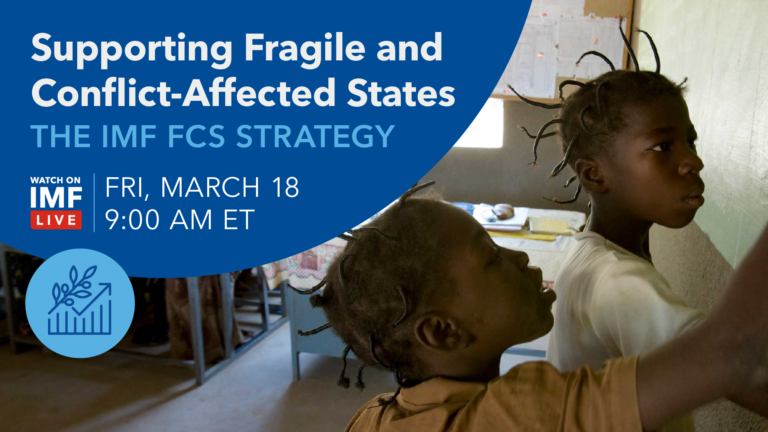
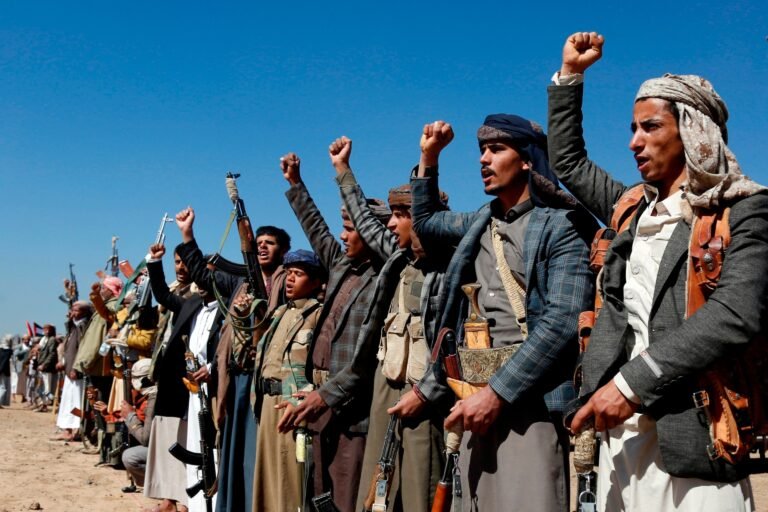
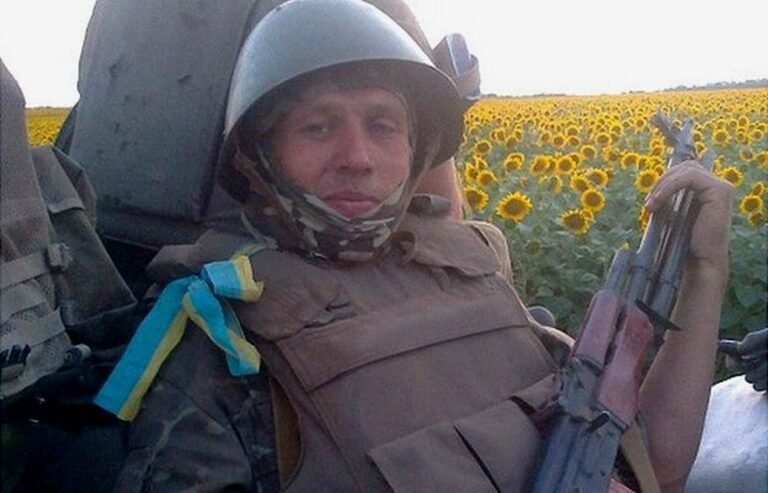
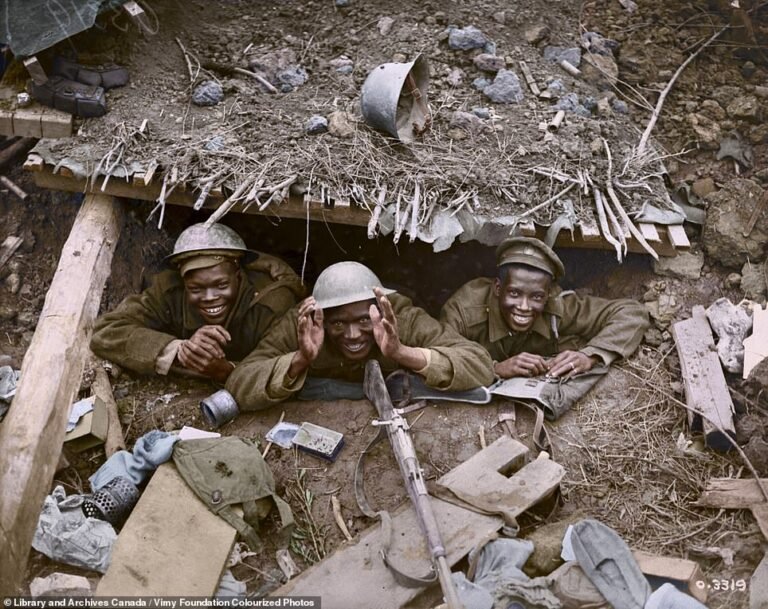

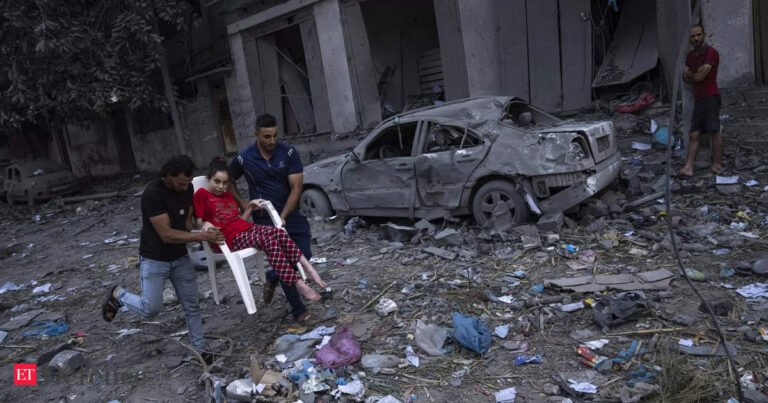

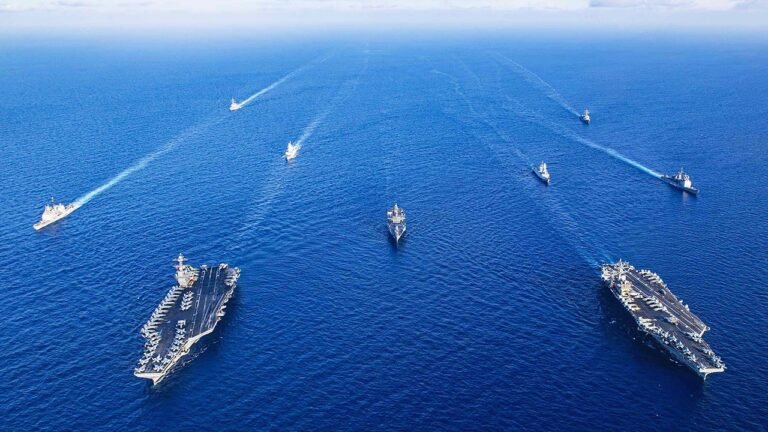


+ There are no comments
Add yours